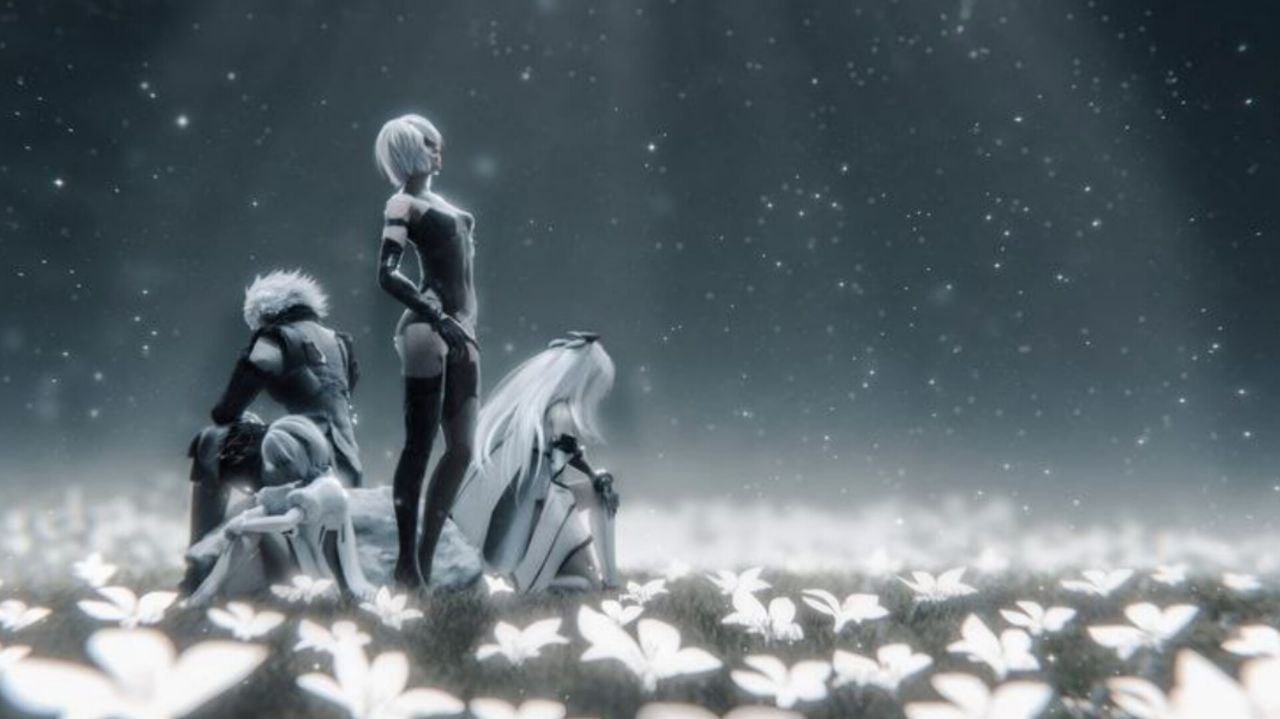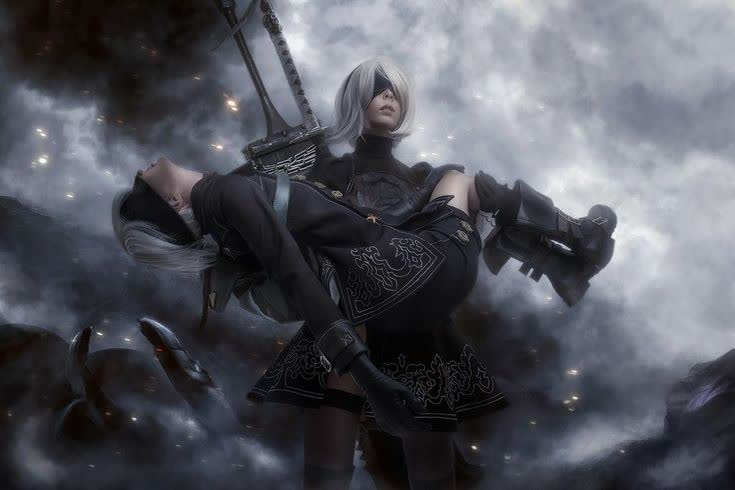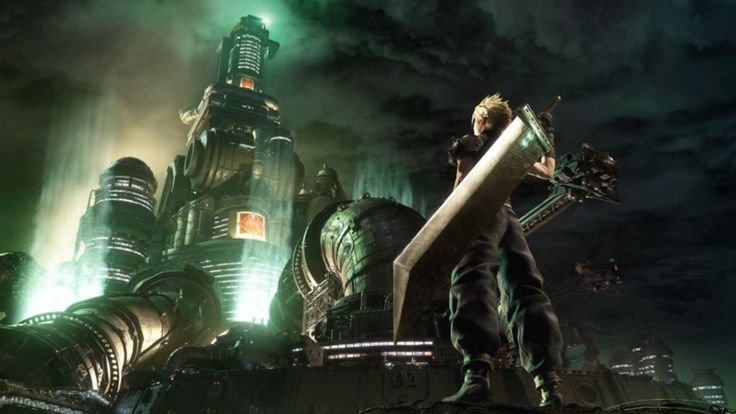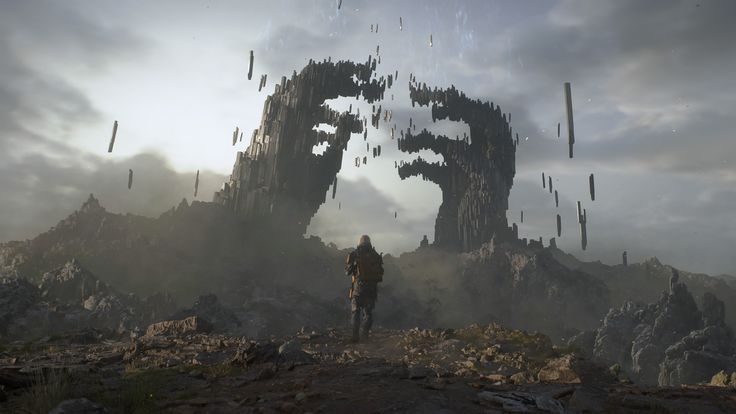
NIER: Echoes of a Fragile World
NIER: Echoes of a Fragile World is more than a tale—it’s a mirror of love, loss, and human vulnerability. Amid ruined machines and haunting beauty, every echo carries sacrifice and fleeting moments we desperately hold onto. It’s a world where despair and hope walk together, where silence speaks of humanity’s fragility. Even in endings, NIER whispers that meaning remains, and fragile echoes of hope still endure.
NIER MAIN PAGE

Final Fantasy: Journeys Through Worlds and Battles
Final Fantasy: Journeys Through Worlds and Battles is more than an adventure—it is a heartfelt odyssey through dreams, struggles, and connections that shape us. Each world reveals beauty and sorrow, every battle a test of courage and hope. In its stories, we see reflections of our own journey, reminding us that even in hardship, bonds endure, and light can always be found beyond the shadows.
FINAL FANTASY MAIN PAGE
.jpg)
Dark Souls: The Weight of Stories in a Dying World
Dark Souls: The Weight of Stories in a Dying World is a journey through silence, despair, and flickering hope. Every ruined castle and broken sword carries memories of lives once lived, of struggles etched into fading stone. These stories remind us that even in darkness, meaning endures. Within the ashes of a dying world, the human spirit whispers: to fight, to endure, and to remember what must never be forgotten.
DARK SOULS MAIN PAGE

Unraveling Death Stranding: Cinematic Moments and Hidden Meanings
Unraveling Death Stranding: Cinematic Moments and Hidden Meanings invites us into a world where silence speaks louder than words and every step carries weight. Through haunting landscapes and fragile connections, the game reveals stories of loss, resilience, and fragile hope.
.jpg)

.jpg)




